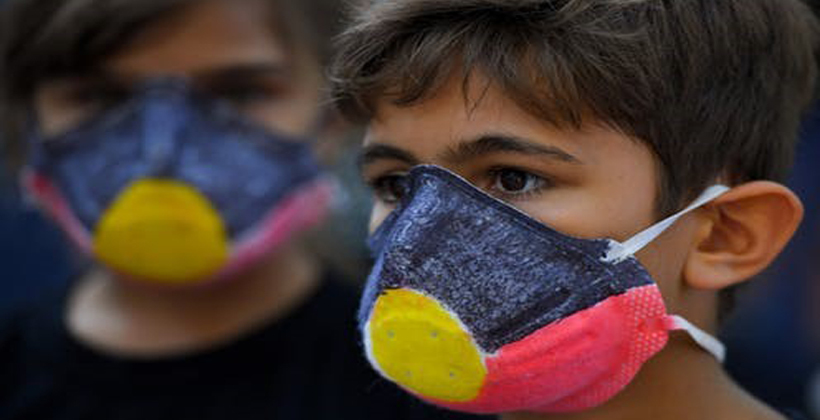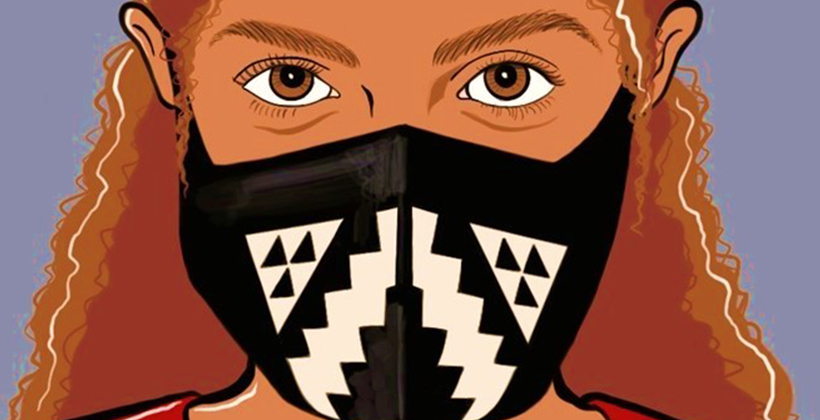June 01, 2023
Māori Election 2023 – Why Meka Whaitiri left Labour and can she win Te Ikaroa Rāwhiti


Last month, Meka Whaitiri, the MP for Te Ikaroa Rāwhiti, left the Labour Party to join Te Pāti Māori. Unfortunately, the announcement was a shambles of mixed messaging. Whaitiri told the media she had resigned from Labour and joined Te Pāti Māori but wrote to Adrian Rurawhe, the Speaker of the House, telling him she wanted to sit and vote with Te Pāti Māori. The resulting fiasco led to the inelegant resolution whereby Whaitiri remained a Labour MP under the Electoral Integrity Act and an independent MP under Parliamentary Standing Orders.
Further awkwardness followed. Te Pāti Māori co-leaders Rawiri Waititi and Debs Ngārewa-Packer performed a pōwhiri for Whaitiri in Parliament ostensibly with the agreement of other parties only for Rurawhe to eject them from the chamber based on other parties objections. Whaitiri then sat on the front bench with Ngārewa-Packer while Waititi moved to the back bench.
Whakapapa and Incrementalism
None of the rhetoric saying Whaitiri left Labour “to return home” to the “whakapapa” of “Māori political activism” explained the decision. Equally unconvincing was contextualising the switch as “unshackling the chains of incremental change and compromise.”
Compromise and incrementalism are fundamental tenets for a minority caucus within a party like Labour and a small party within a larger coalition such as the John Key National government – Te Pāti Māori relationship because ethnocultural politics are about progress, not perfection.
For example, Te Pāti Māori’s Takutai Moana repeal of the Foreshore and Seabed Act with National did not deliver all that it promised. And from the first 18 months of the Covid-19 Pandemic, the Labour government failed to follow best practice testing and vaccination regimes for Indigenous Peoples.
On the positive side, Te Pāti Māori convinced National to sign the UN Declaration on the Rights of Indigenous Peoples and secured the flagship Whānau Ora policy. Labour’s Māori Caucus got Covid-19 on track in late 2021, increased funding for Whānau Ora, secured a massive $3.84 billion over four budgets, established a new Māori Health Authority, increased local council Māori wards from three to 25 and inaugurated a nationally unifying Matariki Public Holiday.
Why did Whaitiri leave Labour?

The chaotic announcement and hazy justifications coupled with the discourtesy of not pre-notifying her Māori colleagues and Prime Minister Chris Hipkins suggest Whaitiri left Labour because of uncertainty and dissatisfaction about her position and that she made her decision at short notice sometime during the three weeks between 11 April and the announcement.
Whaitiri entered Parliament via the 2013 by-election for Ikaroa Rāwhiti after her mentor, legendary Māori MP Parekura Horomia, passed away. In 2017, she became a Minister outside of Cabinet. The following year, then Prime Minister Jacinda Ardern stripped her of her portfolios after an investigation into an alleged altercation with her press secretary.
Whaitiri has always denied the allegations and probably feels aggrieved. Unlike the National Party MP Sam Uffindel case, Labour released a redacted report that despite finding that the main allegations did not occur was nevertheless embarrassing.
Whaitiri returned as a Minister in 2020, but again outside of Cabinet. Meanwhile, she has seen several other women and Māori promoted over her as full Cabinet Ministers. This year she has also seen Nanaia Māhuta shifted out of the Local Government portfolio, and the postponement of both Willie Jackson’s TVNZ-RNZ merger and Kiri Allan’s hate speech proposal.
The last straw appears to have come on 11 April, when Hipkins dismissed Stuart Nash from the full Cabinet, gave his Hawkes Bay Cyclone Recovery portfolio to Whaitiri but kept her out of the full Cabinet promoting Willow Jean Prime instead.
Confirmation of this comes from Stuff News reporting that Jackson wished he had done more to elevate Whaitiri in April and Whaitiri telling Waatea News she felt that Hipkins’ leadership was different toward Māori than that of former Prime Minister Jacinda Ardern.
Ikaroa–Rāwhiti
Can Whaitiri win Ikaroa-Rāwhiti? Yes, she can. Whaitiri won the seat in the last election with 55.6% of the candidate vote. Te Pāti Māori finished second with 31.0%. If the Māori Party vote holds then Whaitiri will need to retain just 12.3% of the Labour vote to win the seat.
In an interview with Newsroom, Jackson accepted that Whaitiri has a good chance because of the standing she holds in the region but doubts it will be easy, given the long history Labour has in the seat.
There may also be a split vote. Whaitiri is a former CEO of Ngāti Kahungunu in the southern end of the electorate and her home marae of Waipatu lies within the tribal area. Ngāti Porou in the north has a long history with Labour particularly through Horomia who an MP was for 14 years. And, apart from Tūariki Delamere who won the seat for New Zealand First in 1996, Labour has won 27 elections dating back to 1943.
History is not always kind to political defectors. Hone Harawira won Te Tai Tokerau for Te Pāti Māori in 2005 and 2008, the latter election with 62% of the vote. He then lost to Labour’s Kelvin Davis after splitting with Te Pāti Māori to form the Mana Movement.
History was kinder to Tariana Tūria who after resigning from Labour in 2004 over the Foreshore and Seabed issue won the Te Tai Hauāuru seat four times including a staggering 71% of the vote in 2008. Voters may perceive a difference between Tūria’s principled stand on Māori human rights and Whaitiri’s position.
With National Leader Chris Luxon ruling out any agreement with Te Pāti Māori and polls portending a close election, one thing is certain, Labour and Te Pāti Māori will need each other if they want to occupy the government benches come October.
Dr Rawiri Taonui












